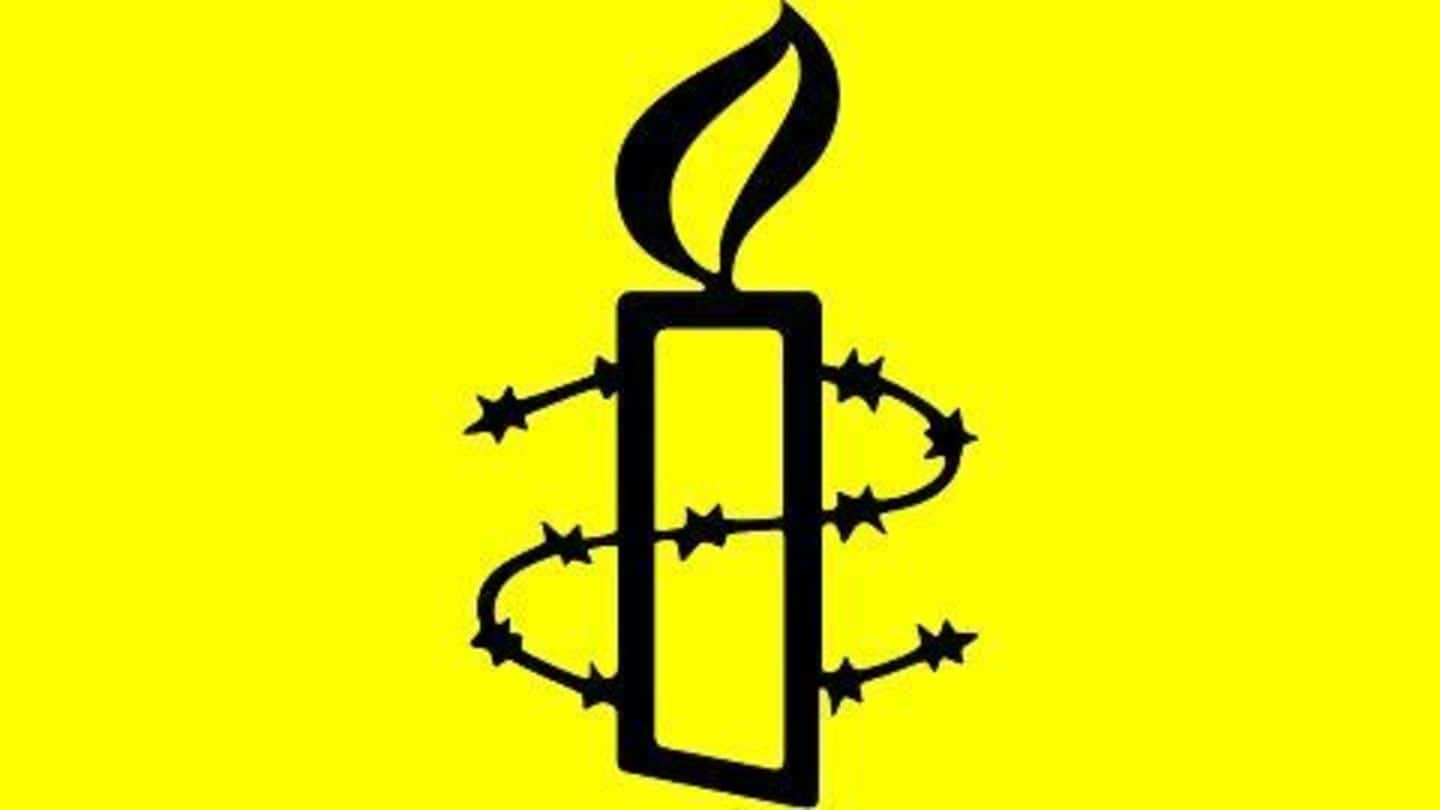
Amnesty International backs decriminalization of prostitution
What's the story
Amnesty International has decided to put its weight behind decriminalization of the sex trade at their biennial International Council Meeting. Amnesty's backing is crucial as the organisation will be fundamental in lobbying governments across the world to accept its point of view. World Health Organisation, the United Nations AIDS programme UNAIDS etc. have already been endorsing this policy.
Do you know?
2,70,000 victims of sexual exploitation in Europe
A European parliamentary report claims that at present there are approximately 880,000 people living in slave-like conditions in Europe, of whom 270,000 were victims of sexual exploitation and trafficking.
28 Jul 2015
Hollywood against the decriminalization petition
Hollywood stars Meryl Streep, Kate Winslet and Emma Thompson have come in support of a campaign which demands that Amnesty International dismiss a proposal to decriminalise "sex trade." The Coalition Against Trafficking in Women (CATW) said that decriminalisation will promote "legalisation of pimping, brothel-owning and sex buying". 30,000 people Emily Blunt, Lena Dunham and Anne Hathaway have signed the petition against decriminalisation.
28 Jul 2015
The 'Nordic' way out
The Nordic model which was introduced by Sweden in 1999 has been adopted by Canada, Iceland, Norway and Northern Island. The model aspires to penalise clients instead of punishing those who have been driven into prostitution. The Nordic model provides "services and alternatives" to sex workers, and criminalizes buyers and aims to educate them about the ground realities of the international sex trade.
Do you know?
Countries that have already legalized sex work
Interestingly, sex work has already been legalized and decriminalized in countries such as New Zealand, Germany, and Netherlands.
4 Aug 2015
What Amnesty hopes to achieve ?
Supporters of the proposal feel that decriminalization would bring prostitution "out of the shadows" and shield sex workers from "abuse and disease". Amnesty aims to end "physical and sexual violence, arbitrary arrest and detention, extortion and harassment, human trafficking, forced HIV testing and medical interventions" of the sex workers with their vote. This will also provide legal and social protection for them.
4 Aug 2015
Activists protest against prostitution decriminalization
Activists, religious leaders and former sex trade workers lashed out at Amnesty International for its impending vote on decriminalizing prostitution. Activists feel that this ruling could mean that people who profit from the sex trade will get more freedom. Aina Bien-Aime, executive director of Coalition Against Trafficking in Women asked Amnesty to "decriminalize the exploited not the exploiters".
Quote
Amnesty's Secretary General's take on the issue
Amnesty's Secretary General Salil Shetty said: "We recognize that this critical human rights issue is hugely complex and that is why we have addressed this issue from the perspective of international human rights standards."